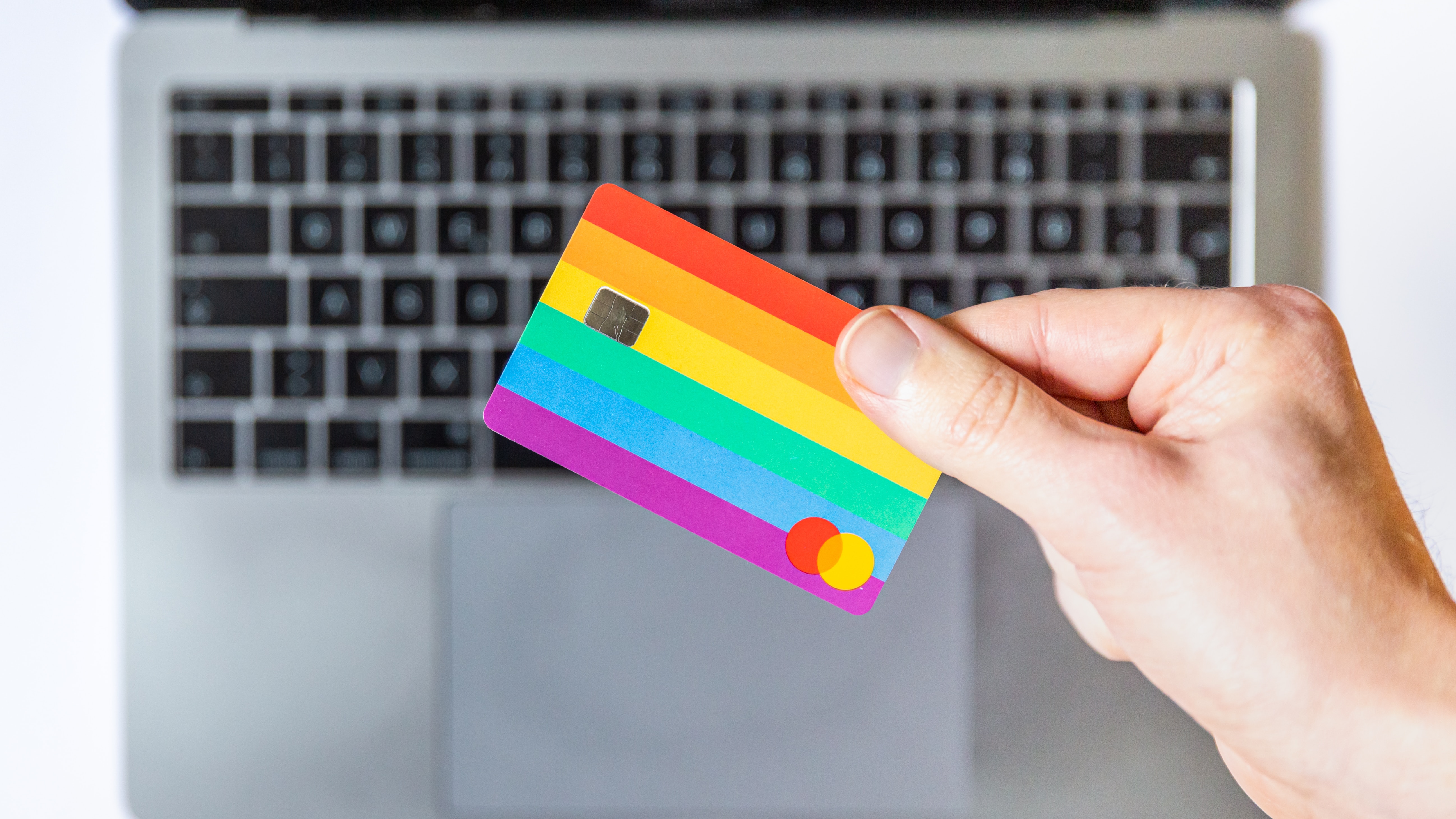Cybersecurity Essentials: Fortifying Your Digital Fortress for Safe Online Shopping

Welcome back to our ongoing series on safe online shopping practices! In this post, we're diving deep into the realm of cybersecurity. Just as you lock your doors and windows to secure your home, it's crucial to fortify your digital fortress to protect against online threats. Let's explore the essential cybersecurity practices to ensure your online shopping experience remains safe and secure.
1. Update Your Software Regularly
Keeping your operating system, browsers, and security software up-to-date is like having a vigilant guard at your digital gate. Updates often include patches for security vulnerabilities, so don't ignore those prompts to update – they're your first line of defense.
2. Strengthen Passwords and Use Two-Factor Authentication (2FA)
Your passwords are the keys to your digital kingdom. Ensure they are strong, unique, and not easily guessable. Consider using a password manager for added convenience and security. Additionally, enable 2FA whenever possible to add an extra layer of protection to your accounts.
3. Beware of Phishing Attempts
Phishing is a common tactic used by cybercriminals to trick individuals into revealing sensitive information. Be cautious of unsolicited emails, messages, or pop-ups. Verify the legitimacy of requests for personal or financial information before responding or clicking on any links.
4. Shop Only on Secure Websites
Before entering any personal or payment information, ensure the website is secure. Look for "https://" in the URL and a padlock icon in the address bar. These indicate that your data is encrypted and transmitted securely.
5. Monitor Your Accounts Regularly
Regularly review your bank and credit card statements for any unauthorized or suspicious activity. If you notice anything unusual, report it to your financial institution immediately. The quicker you act, the better chance you have of resolving any issues.
6. Use a Virtual Private Network (VPN) for Added Security
A VPN encrypts your internet connection, making it more challenging for hackers to intercept your data. Consider using a VPN, especially when connecting to public Wi-Fi networks, to add an extra layer of protection to your online activities.
7. Be Cautious with Public Computers and Wi-Fi
Avoid making online purchases or accessing sensitive information on public computers or over public Wi-Fi networks. These environments are more susceptible to security risks, and your personal information could be compromised.
By incorporating these cybersecurity essentials into your online routine, you're not only securing your digital fortress but also creating a safer environment for your online shopping endeavors. In our next post, we'll explore the world of customer reviews and feedback, helping you make informed decisions about the products you add to your virtual cart. Stay tuned for more insights into the world of safe and savvy online shopping!
News Source
Date Posted 2 years ago